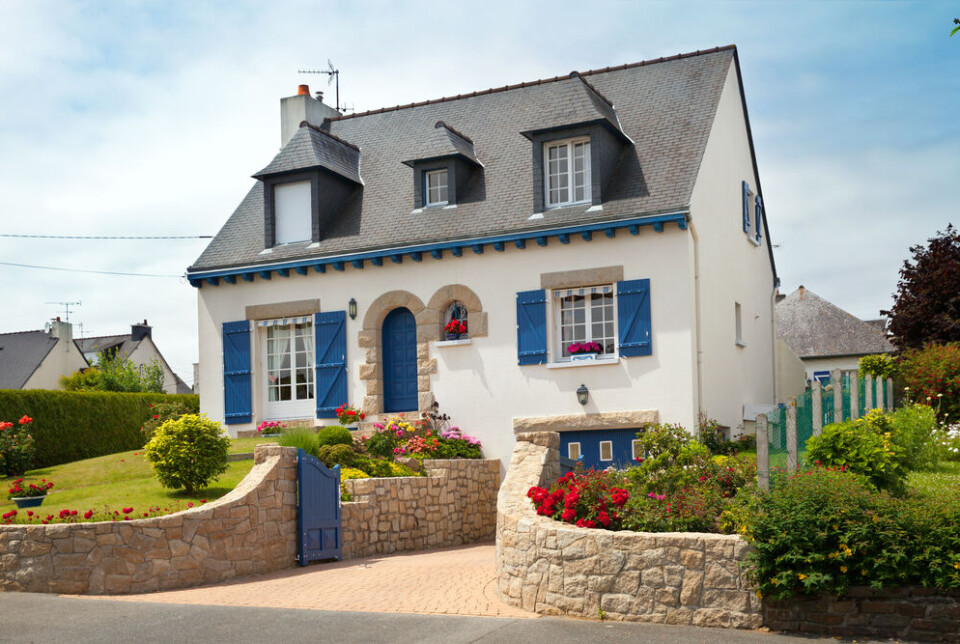Is it possible to apply for a cap on my French property tax bill?
Some property owners can limit how much they pay if they have exceptionally low income
The cap depends on your household income levels
Julia Kuznetsova / Shutterstock
The majority of property owners in France will have received their property ownership tax notices for 2024 by now if they have not opted to pay monthly.
Read more: LIST: Key dates in 2024 for France’s property owner’s tax
The taxe foncière has increased by at least 3.9% for practically all homeowners this year and even more so in many areas, such as Nice and Saint-Etienne.
Read more: 2024 French property tax: which areas are seeing the highest rises?
It is true, however, that in limited circumstances, it is possible to apply for a cap to be applied to the amount - in which case, some of the tax is refunded if you qualify.
However, this only applies if the property tax you pay is very high in proportion to your income.
If eligible, it means you can be refunded any part of the tax that exceeds 50% of the income of your tax household (plus or minus certain amounts).
Benefits related to autonomy and disability are not counted in your income for this, nor are housing benefits.
This generally applies to people who have a very low income but a large property attracting a high property tax bill.
How do I apply?
You need to make sure you fulfil three main criteria before you apply. These are:
the property was classed as your main residence on January 1, 2024
you were not subject to property wealth tax (impôt sur la fortune immobilière) in 2023
Your household's tax income (revenu fiscal de référence) for 2023, which is indicated on your income tax notice sent this summer, must not exceed €29,288 for the first family quotient part, plus €6,843 for the first additional half part, and €5,387 for each additional half part after that. These limits are only for mainland France and Corsica, and are different for overseas departments.
Your family quotient parts are shown on the first page of your income tax notice, but for example, a single person living alone has one and a couple without dependents have two.
If you are eligible, then you can either apply through your personal space on the French tax site (using the ‘Messagerie sécurisée’ messaging system), or by sending this form to your tax office.
You must apply by December 31, 2025 at the latest.
In the meantime, you must pay the full amount of the tax requested – if your demand is accepted, you will be reimbursed the required amount, with interest.
Do not put off paying the tax because you believe you are eligible for the cap, as you are liable to face late payment penalties of 10% (rising to 20% if a letter is sent out chasing up the late tax), and it is not guaranteed your request will be accepted.
How is the refund worked out?
With regards to the calculation of the possible reimbursement, as stated above, a reimbursement is due if your taxe foncière bill exceeds half of your (adjusted) annual household income in 2023. If this is the case, then the difference is refunded.
For example, if the taxe foncière (not including the tax for rubbish collection, often included on the same bill) is €4,000 and the adjusted income figure is €7,000, there would be a refund of €500.
The relevant income figure is the revenu fiscal de référence for 2023, which roughly corresponds to net taxable income.
You also have to add to this certain tax-exempt incomes such as interest from Livrets A and Livrets d’Epargne Populaire (see the notes at the end of the form linked above, for the full list).
You do not have to add in tax-exempt incomes from family and social benefits (APA, prestation de compensation du handicap, APL etc).
You can, meanwhile deduct certain payments into French private pension schemes in the same year (these are shown, if relevant, on your income tax notice for the year).





























